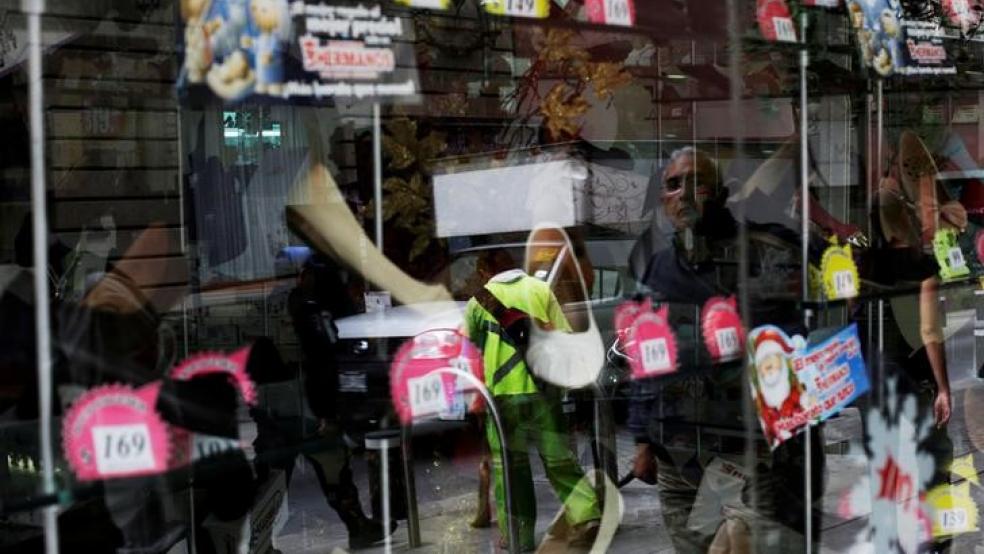The global economy is gaining strength and central banks are struggling to balance financial stability risks, so governments need to finally relieve monetary policy and pick up the slack, Agustin Carstens told the German financial newspaper Boersen Zeitung in an interview published on Monday.
Currently the head of Mexico's central bank, Carstens will become the general manager of the BIS, sometimes called the central bank for central banks, from Oct. 1."To some extent monetary policy has definitely been taken to its limits – I would say so for sure," Carstens said. "I would certainly advocate for going back to a regime that is more in line with what we consider to be a 'normal monetary policy'." Fighting ultra-low inflation and weak growth, banks like the European Central Bank and the Bank of Japan have cut interest rates into negative territory and bought trillions of dollars worth of assets through schemes commonly referred to as quantitative easing, all in the hope of re-igniting growth."Since central banks have held this position for such a long time now, they have to be very careful with their further steps," Carstens said."The exit from the ultra-loose monetary policy of the past years has to be very gradual and it must not put at risk the progress which was achieved so far," he added.Regarding Mexico, Carstens said the peso is clearly undervalued after it was punished following the election of U.S. President Donald Trump. "From our point of view the peso is clearly undervalued against the dollar. The markets have overreacted," Carstens told Boersen Zeitung."I hope that the discussions between the U.S. and Mexico, which begun now, will rapidly provide for more clarity and certainty. If that is the case it should be reflected in an appreciation of the peso," he said. (Writing by Michael O'Boyle and Balazs Koranyi)Central banks should revert to conventional tools, new BIS head says

Carlos Jasso



